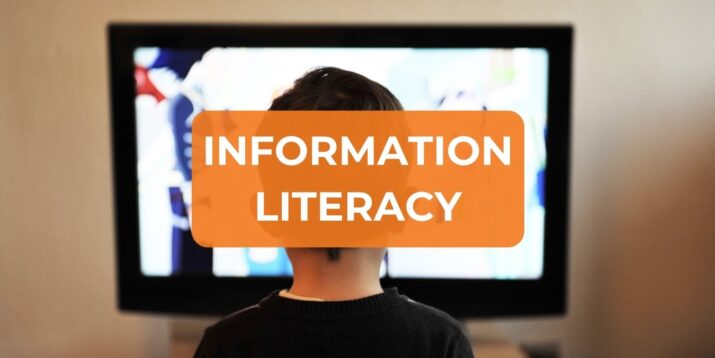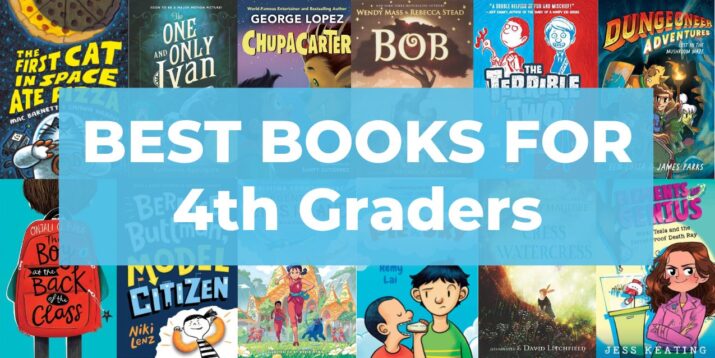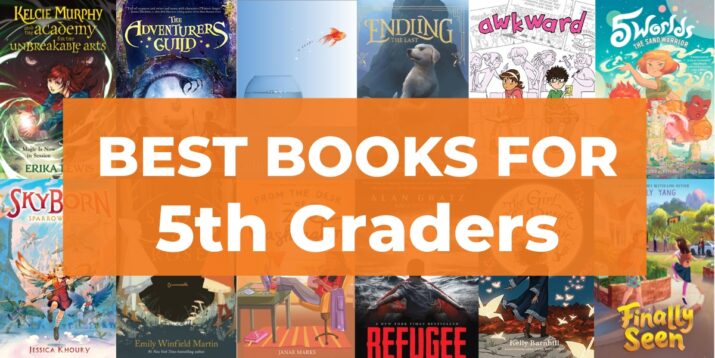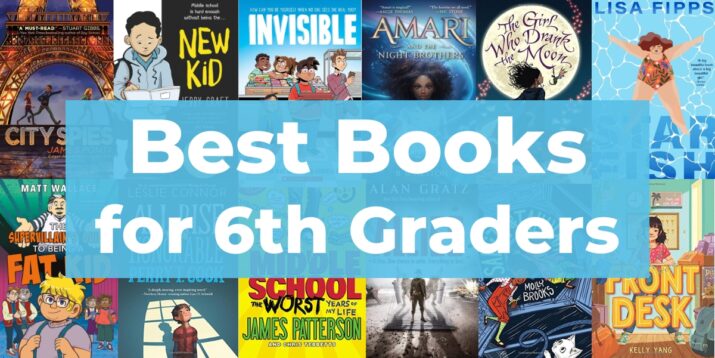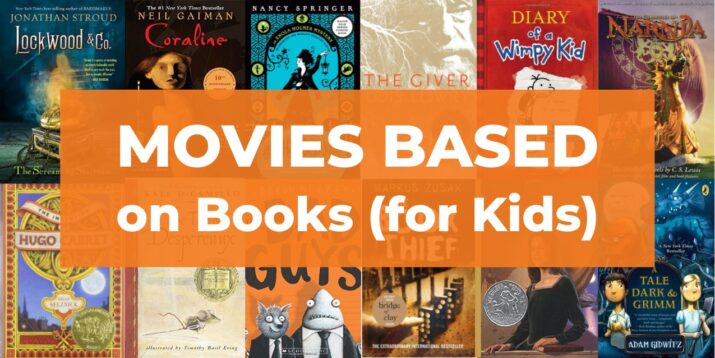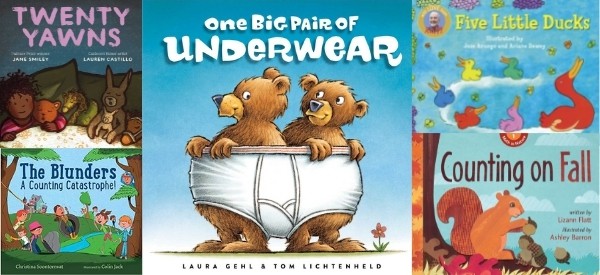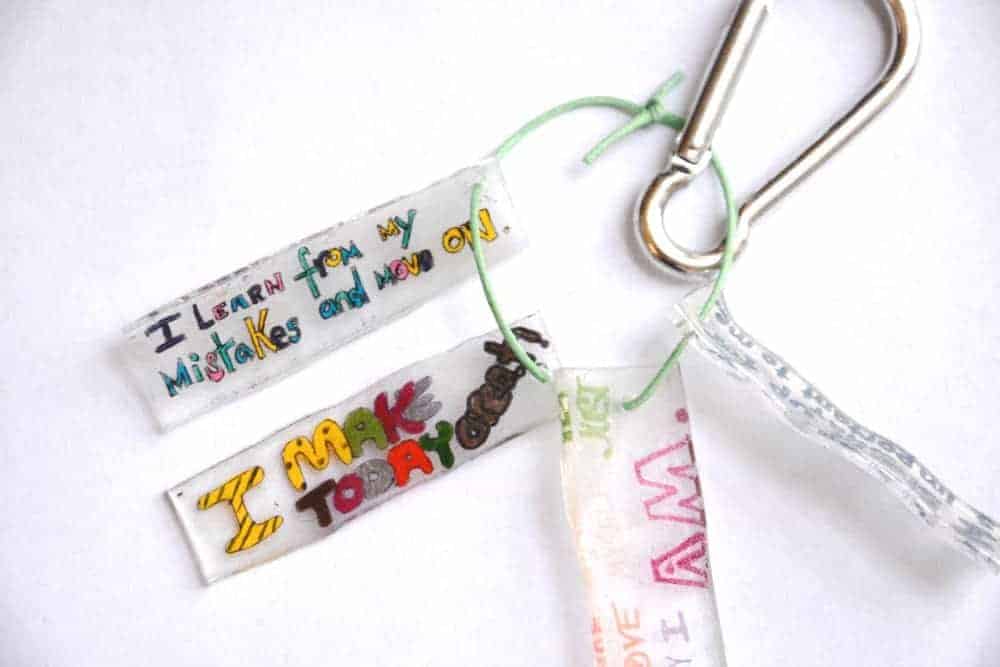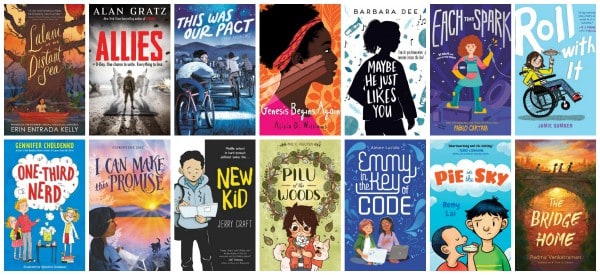Have You Had These 2 Conversations About Digital Literacy With Your Kids?
This post may contain affiliate links.
written by author Jessica Speer
The American Library Association’s Digital Literacy Task Force defines digital literacy as “the ability to use information and communication technologies to find, evaluate, create, and communicate information, requiring both cognitive and technical skills.”
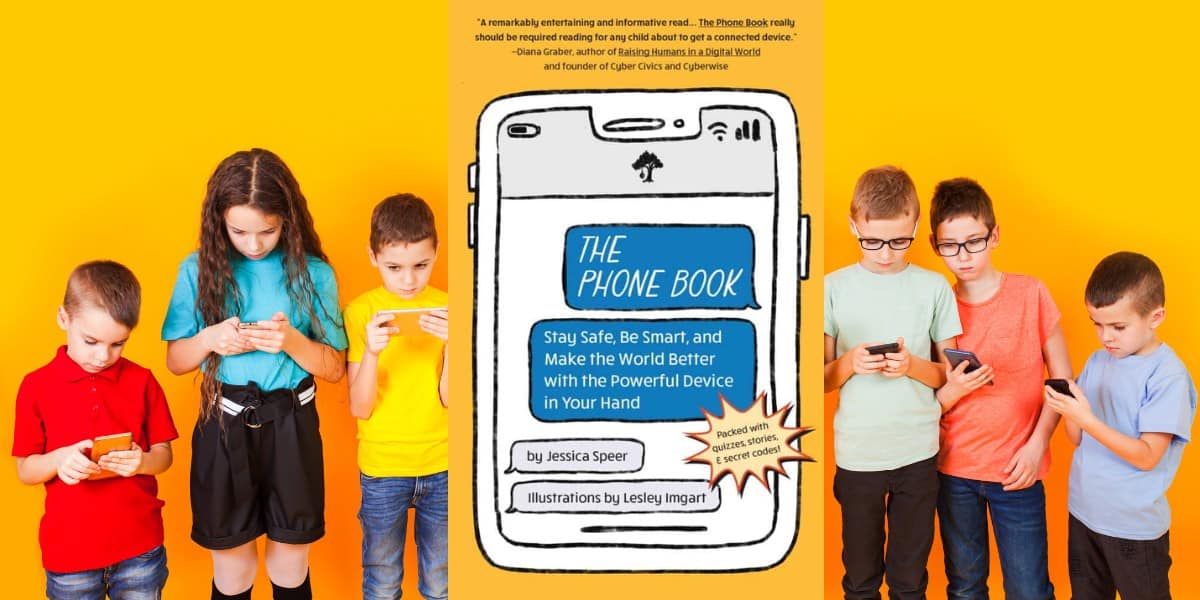
In a world bursting with information, digital literacy teaches kids and teens to evaluate sources and distinguish between credible and unreliable information. These skills are essential for making informed decisions. Plus, by learning how to evaluate information, students learn to stay safe online and to think critically about the digital spaces in which they engage.
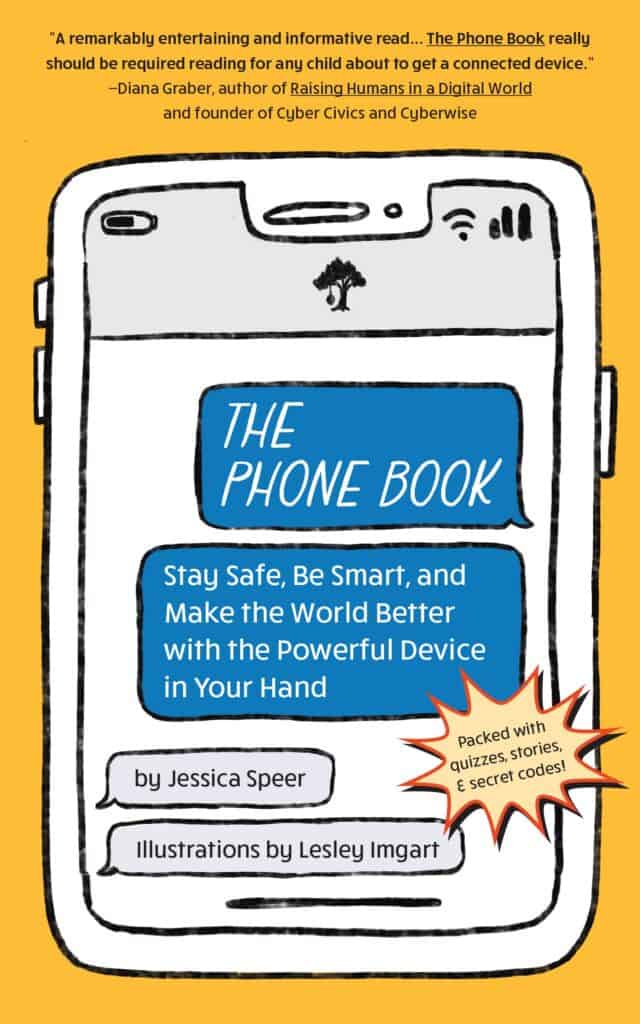
Here are two conversations that help kids think critically about digital spaces and be more informed consumers of tech.
Have You Had These 2 Conversations About Digital Literacy With Your Kids?
1. Did You Know That Companies Want to Keep Us on Screens?
Like many corporations, technology companies aim to expand their reach and profits. Advertising and data collection are critical to achieving these goals. Social media, video games, YouTube, and other apps need eyes on their platforms, including kids’ eyes, to maximize profits.
The more time kids and teens spend on screens, the more money these companies make from advertisers who use their platforms to sell products. Essentially, screentime + ads sold to companies = $$$ for tech companies.
Conversations about the tech business model help kids and teens become more informed tech consumers. Here are some conversation starters to explore online advertising with your family:
- What have you noticed about the ads appearing in your feeds?
- What type of ads (i.e., clothing, food, products, etc.) do you often see online? Why do you think that is?
- Have some of these ads made you want to buy the product? What made these ads so effective?
2. Do You Know How Curated Feeds Connect to Algorithms?
Social media networks, web browsers, and sites like YouTube use algorithms to feed us content based on what content we have engaged with in the past. For example, if a preteen watches fitness content on TikTok, the algorithm will continue to show related content until she loses interest. One downside of algorithms is that they can keep kids in a rabbit hole of harmful content, such as content related to diet culture and disordered eating.
To safeguard against this, remind kids and teens that they can curate their feed in a way that positively impacts their well-being. For example, they can follow inspiring people making positive changes in the world rather than influencers who make them feel bad about themselves.
Here are some conversation starters to explore algorithms with your family:
- Does your feed and/or YouTube show you the content you like to see? What have you noticed about this?
- What social media platform do you think has the best algorithm? Why do you think that is?
- Has your feed ever gone in a direction that had a negative impact on your mood? Did you do anything in response to this
Digital literacy is now an essential skill for everyday life. It includes the knowledge and skills that enable kids to be safe and empowered in an increasingly digital world. Teens become more informed tech consumers by understanding the tech business model, including how data collection and advertising work. When kids understand how algorithms work, they can choose to proactively curate their feeds. As kids and teens gain digital literacy, they become better equipped to find their voices and effectively communicate their ideas in today’s world.
About Jessica Speer:

Jessica Speer is the author of books for kids and teens, including The Phone Book – Stay Safe, Be Smart, and Make the World Better with the Powerful Device in Your Hand. She is also the author of the award-winning, BFF or NRF (Not Really Friends)? A Girls Guide to Happy Friendships and Middle School – Safety Goggles Advised, both of which grew from her work with kids. She has a Master’s Degree in Social Sciences and a knack for writing about complex topics in ways that connect with kids. For more information, visit www.JessicaSpeer.com.
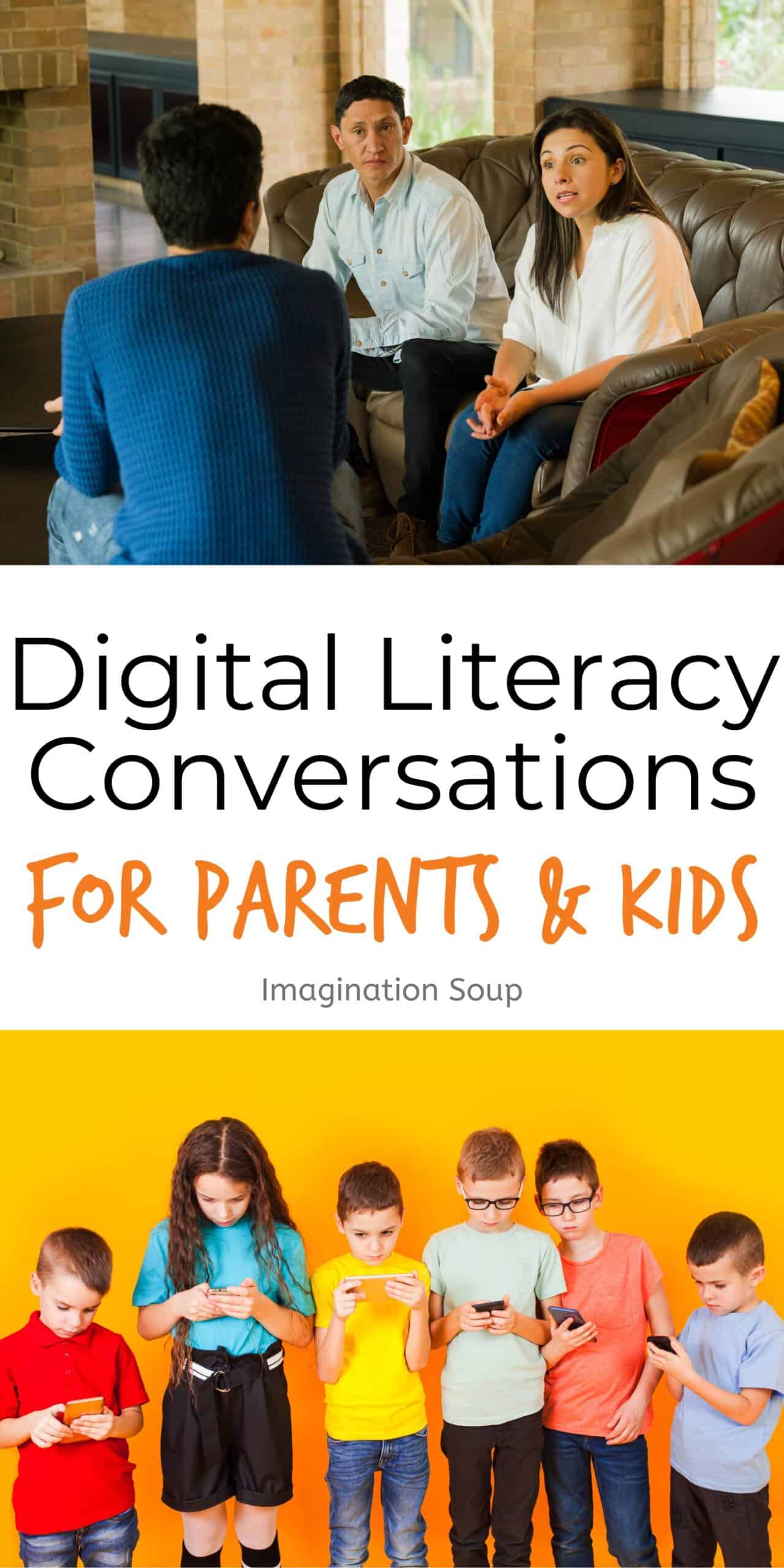
KEEP READING

